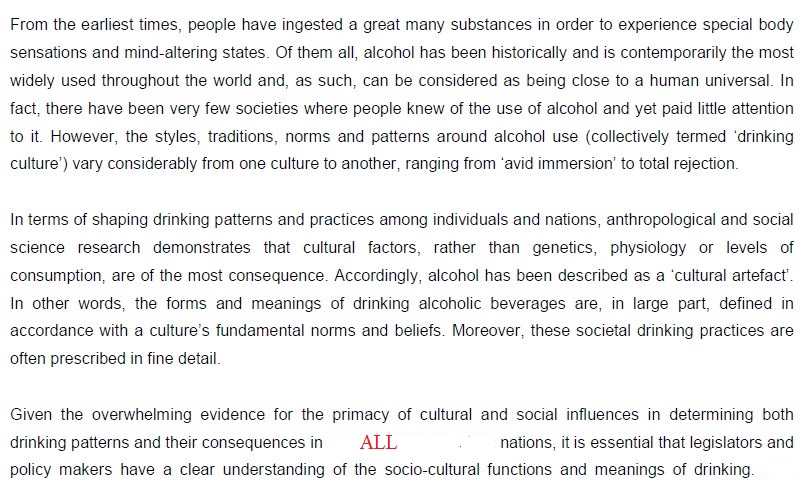Discover the surprising science behind alcohol tolerance and intoxication – are you a sipper or a slurper? Find out now!
Table of Contents
Alcohol consumption has been a social and cultural norm for centuries, with people around the world enjoying a drink or two in various settings. But one question that often arises is: how many beers does it take to get drunk? The answer to this seemingly simple question is actually quite complex, as it depends on a multitude of factors that vary from person to person.
Understanding Alcohol Metabolism
When we consume alcohol, it is absorbed into the bloodstream through the stomach and small intestine. From there, the liver works to break down the alcohol using enzymes. The primary enzyme involved in alcohol metabolism is alcohol dehydrogenase, which converts alcohol into acetaldehyde, a toxic substance. Another enzyme, aldehyde dehydrogenase, then breaks down acetaldehyde into acetate, which is eventually metabolized and eliminated from the body as carbon dioxide and water.
Several factors can influence alcohol metabolism, including body weight, gender, and genetics. Generally, individuals with a higher body weight may be able to metabolize alcohol more efficiently, while women tend to have lower levels of alcohol dehydrogenase than men, resulting in slower metabolism. Additionally, genetic variations can affect how quickly or slowly a person metabolizes alcohol, impacting how intoxicated they may become after consuming a certain amount.
Individual Tolerance Levels
Alcohol tolerance refers to the body’s ability to handle and process alcohol. Some individuals may have a higher tolerance due to regular alcohol consumption, while others may feel the effects of alcohol more quickly. Factors such as age, gender, genetics, and overall health can all play a role in determining an individual’s alcohol tolerance.
Regular drinkers may develop a higher tolerance to alcohol over time as their body becomes more efficient at metabolizing it. This can lead to individuals needing to consume more alcohol to achieve the same level of intoxication that they once did with less. On the other hand, occasional drinkers or those with lower tolerance levels may feel drunk after just a few drinks.
Factors Influencing Intoxication
While the number of beers it takes to get drunk can vary based on individual factors, there are other variables to consider as well. Factors such as food consumption, rate of drinking, and the type of alcohol consumed can all influence how quickly a person becomes intoxicated.

Image courtesy of drrajivdesaimd.com via Google Images
Eating food before or while drinking can help slow down the absorption of alcohol into the bloodstream, potentially reducing the effects of intoxication. Drinking alcohol quickly or on an empty stomach can lead to a quicker rise in blood alcohol concentration, increasing the likelihood of feeling drunk faster.
The type of alcohol consumed also plays a role in intoxication. Beverages with a higher alcohol content, such as spirits or fortified wines, may lead to faster intoxication than lower-alcohol options like beer or wine. Additionally, carbonated alcoholic drinks can cause alcohol to be absorbed into the bloodstream more quickly, potentially heightening the effects of intoxication.
Conclusion
Ultimately, the question of how many beers it takes to get drunk has no definitive answer, as it varies greatly depending on the individual and a myriad of influencing factors. Understanding alcohol metabolism, individual tolerance levels, and other variables that impact intoxication is key to consuming alcohol responsibly and knowing one’s limits.
Regardless of how many beers it may take to feel drunk, it’s essential to prioritize safety while consuming alcohol. Moderation, pacing oneself, and knowing when to stop are all crucial aspects of responsible drinking. If in doubt or if experiencing issues with alcohol, seeking guidance from a healthcare professional or a support group is always a wise decision.
FAQ
How does alcohol tolerance vary among individuals?
Alcohol tolerance differs based on factors like genetics, body weight, gender, and regularity of alcohol consumption. Individuals with higher tolerance metabolize alcohol more efficiently.
Can food consumption affect alcohol intoxication?
Eating before or during drinking can slow alcohol absorption, potentially lowering intoxication effects. On the contrary, drinking on an empty stomach or quickly can lead to faster intoxication.
Do genetics play a role in alcohol metabolism?
Yes, genetic variations can impact how quickly or slowly a person metabolizes alcohol. This can influence how intoxicated an individual becomes after consuming alcohol.
How can one promote responsible drinking habits?
Prioritizing moderation, knowing personal limits, and seeking help if needed are crucial for responsible drinking. Safety, pacing oneself, and understanding the effects of different types of alcohol are key aspects of responsible consumption.
Generated by Texta.ai Blog Automation


Leave a Reply